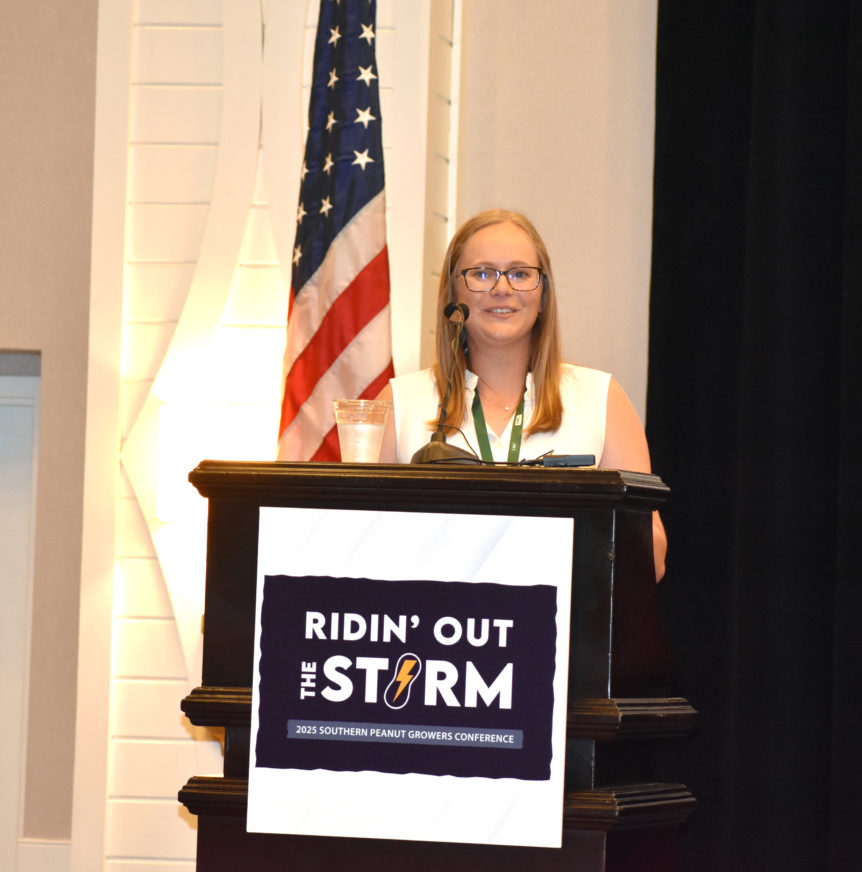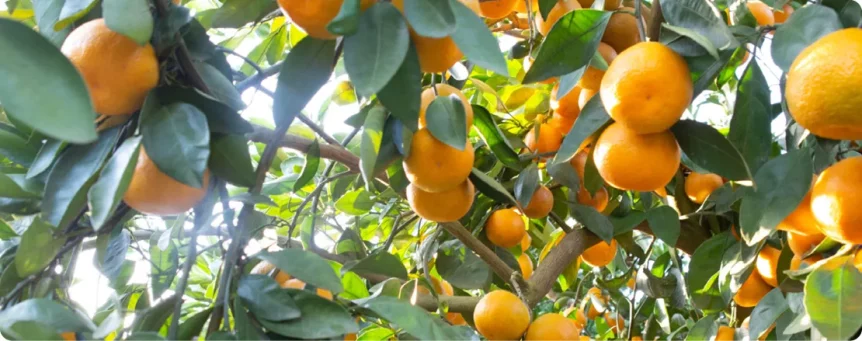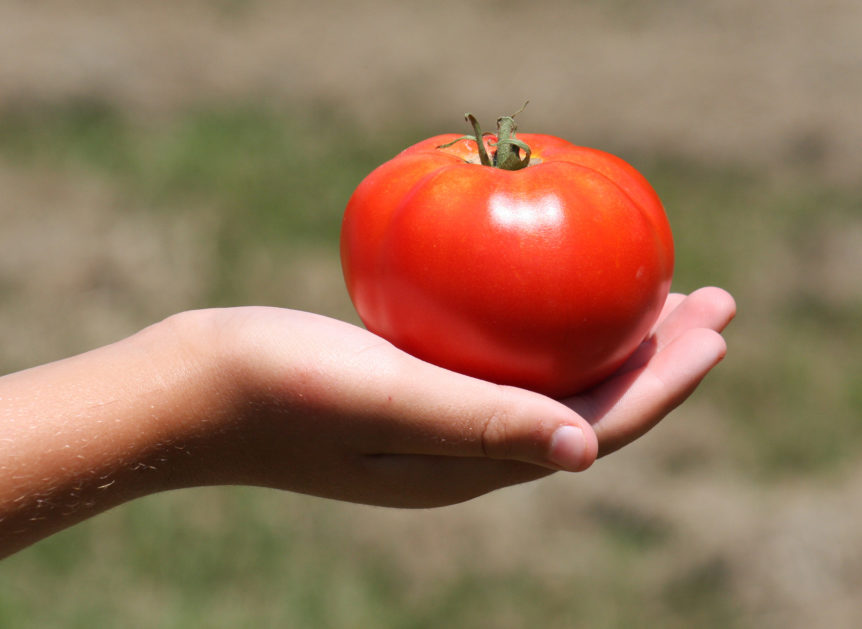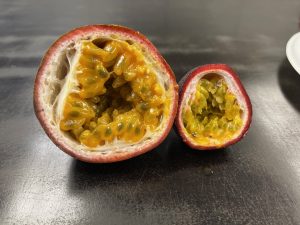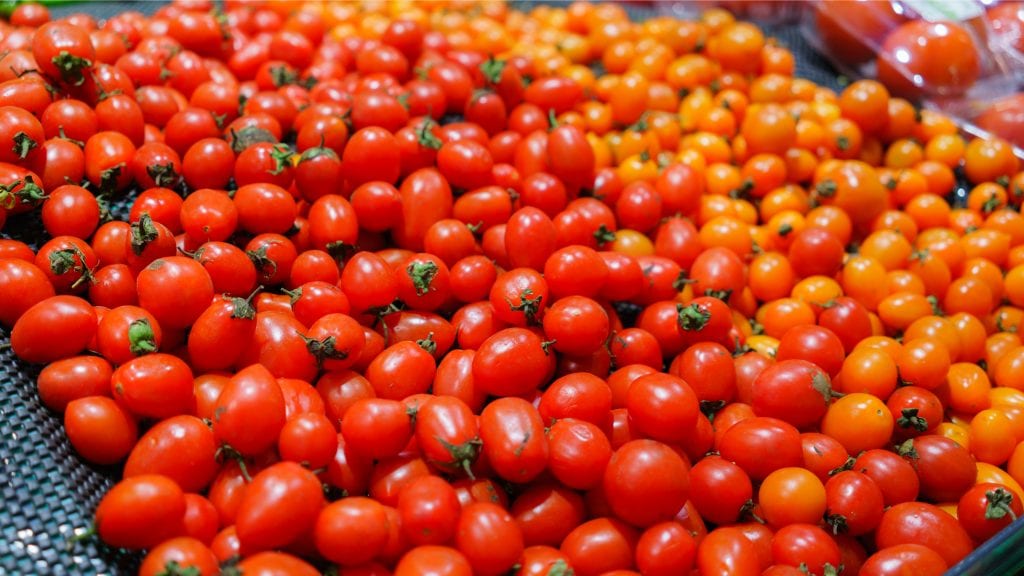By Clint Thompson The Environmental Protection Agency (EPA) is working to ensure pesticides remain a viable source of protection for farmers and their crops. That’s the message Taylor Singleton, University of Georgia assistant professor and Extension sustainability specialist, is preaching to growers at county meetings and different crop events, which included last week at the Southern Peanut Growers Conference in …
Cold-Hardy Citrus Production: A Learning Process
Production in the cold-hardy citrus region continues to be a learning process for growers. Producers in North Florida, South Georgia and South Alabama are learning this year the price of alternate bearing for their satsuma mandarin crop. After a heavy crop load last season, production is expected to taper off quite a bit this season across the cold-hardy citrus region. …
Chairman Thompson: Really Excited for Specialty Crops
By Clint Thompson The specialty crop sector benefited from the recently passed One Big Beautiful Bill. That was a point of emphasis from Glenn ‘GT’ Thompson (PA-15), chairman of the House Committee on Agriculture, during his talk last week at the Southern Peanut Growers Conference in Panama City Beach, Florida. The legislation provided a boost to crop research, which directly impacts …
Tomato Leader: Immediate, Long-Term Impacts From Suspension Agreement Termination
By Clint Thompson The termination of the U.S.-Mexico Tomato Suspension Agreement will have immediate and long-term impacts on the tomato industry. Robert Guenther, executive vice president of the Florida Tomato Exchange, described what he envisions the ramifications will be following last week’s historic decision. “I think as we move from summer into the fall, winter season, I think what you’re …
Specialty Crop Grower Magazine: Addressing Farm Stress Together
By Taylor Sewell Following the Mind Your Melon Foundation’s inaugural Think Outside the Barn (TOTB) event, I am more hopeful than ever for the future of mental health in agriculture. The event was held in May at Southern Hill Farms in Clermont, Florida. While framed as a benefit, the event served as a deeper extension of the organization’s vision: To …
UF Research Unlocks Nutritional Value, Shelf-Life Potential of Passion Fruit
With passion fruit, you get more than just a tasty drink or snack. It is packed with nutrients like vitamin C, fiber and antioxidants, making it a popular choice for healthier eating. It’s also important to farmers in tropical and subtropical regions – including central, Southeast and Southwest Florida – where it supports local economies. Understanding how varieties of passion fruit …
Specialty Crops a Focus During Next Month’s Expo
By Clint Thompson Next month’s Citrus & Specialty Crop Expo has a lot to offer Southeast fruit and vegetable growers planning to attend the two-day show, scheduled for Aug. 20-21, at the Florida State Fairgrounds in Tampa, Florida Key industry topics like labor, trade and farm policy will be discussed during the general session on Wednesday morning. Specialty crop sessions …
Nearing Termination: Suspension Agreement Impacted Growers Across the Country
By Clint Thompson The termination of the U.S.-Mexico Tomato Suspension Agreement is set to become effective on Monday, July 14. While Florida growers and Robert Guenther, executive vice president of the Florida Tomato Exchange, have been at the center of the fight that Mexico has been ‘dumping’ imported tomatoes, it’s important to note the problem is widespread, impacting most of …
Extremely Low Satsuma Supply Expected This Season
Fruit is scarce this season on satsuma trees. There was an oversupply of satsuma mandarins in the cold-hardy citrus region last season. That will not be the case in 2025. According to Lindy Savelle, executive director of the Georgia Citrus Association and member of the Georgia Citrus Commission, satsuma supply will be extremely low for the upcoming season. “In our …
Sneak Peek: July 2025 Specialty Crop Grower Magazine
The July issue of Specialty Crop Grower Magazine puts Paul Orsenigo, founder of Grower’s Management Inc. in the spotlight. Unlike multigenerational farm families, Orsenigo is a first-generation farmer in the Everglades Agricultural Area in Florida. He produces a variety of leafy greens, sweet corn, sugar cane and rice. He discusses his humble beginnings, and they evolved into a 40-year journey …










